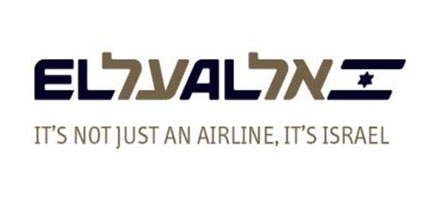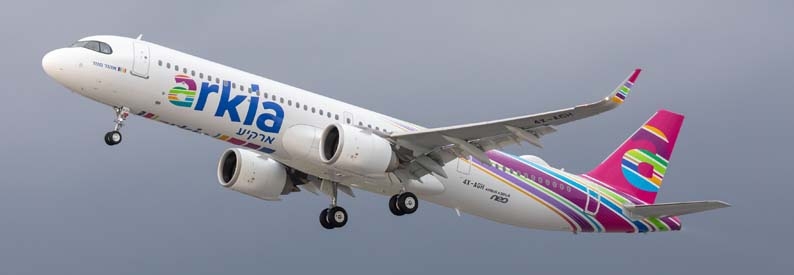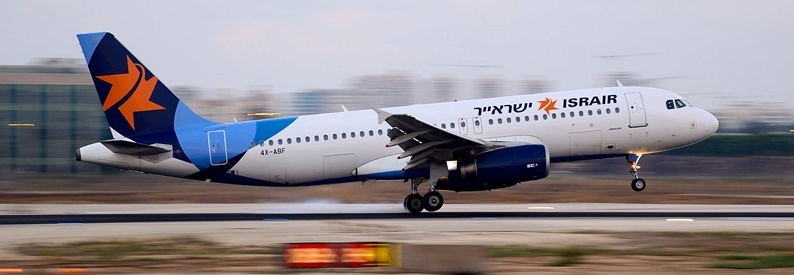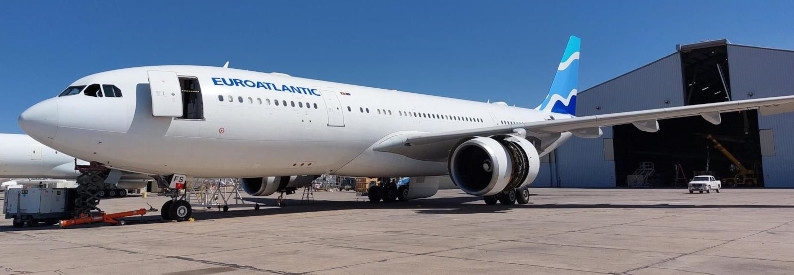Israel’s government approved a bailout package for El Al Israel Airlines (LY, Tel Aviv Ben Gurion) and Israir (6H, Tel Aviv Ben Gurion) on May 9 in which the state will transfer USD210 million and USD16 million to the airlines, respectively, ostensibly to cover their security costs, the country’s Finance Ministry announced.
In the scheme, which follows the support of the parliamentary finance committee last week, the state agreed to pay a lump sum that would cover 20 years of tickets for flight security officials at the two carriers. The amounts provided will not change even if there are variations in the volume of tickets required in accordance with security guidelines.
However, the assistance is conditional on shareholders also contributing to strengthening their companies’ financial stability, with El Al for example having to issue USD105 million in new shares and freeze dividend allotments for the next five years. The shareholders of each company must agree to issue shares to increase the companies’ capital by 50% of the amount of aid provided.
Cash-strapped El Al had already raised ILS250 million shekels (USD77 million) in an options sale on the Tel Aviv Stock Exchange earlier this year to guarantee a state-backed loan needed to repay debts.
During discussions in the finance committee last week, it was revealed that El Al had already initiated a workforce streamlining process - also required in exchange for the aid - in which it will lay off 1,800 employees, the business daily Calcalist reported.
A similar bailout agreement with Israel’s third scheduled passenger carrier, Arkia Israeli Airlines (IZ, Tel Aviv Ben Gurion), is expected later. This aid has been delayed because the company has a debt to the state and the assistance is expected to be deducted from it.
“Understanding that the aviation industry is in a difficult and unique situation, and to ensure the resilience of civil aviation in Israel, the Ministry of Finance will provide assistance that will facilitate the airlines’ activities during this period. We will continue to do our best to support them,” Finance Minister Israel Katz said.
- Type
- Base
- Aircraft
- Destinations
- Routes
- Daily Flights







